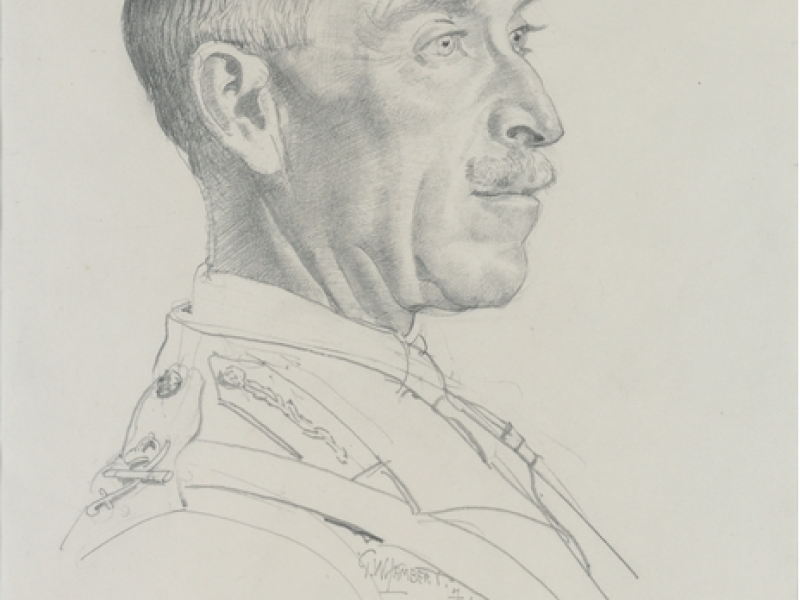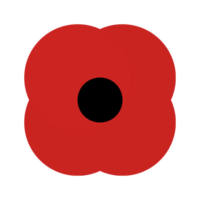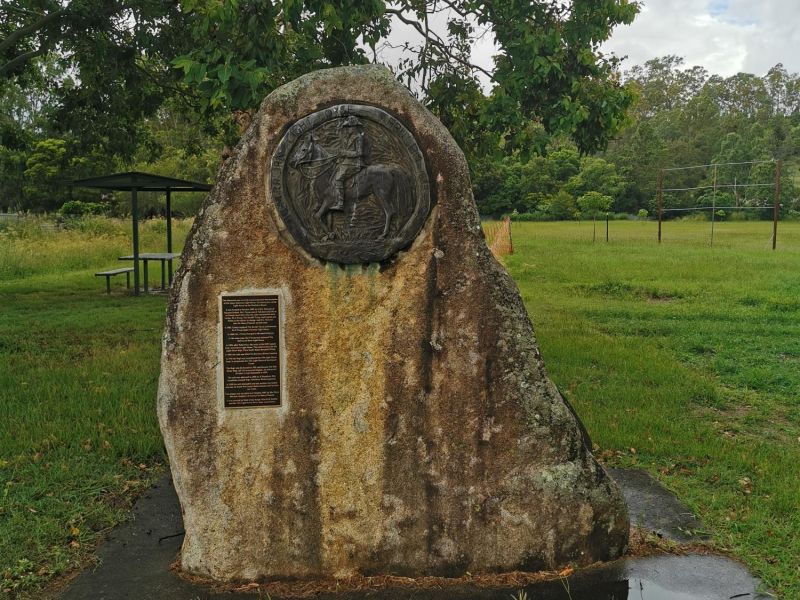General Sir Henry George Chauvel, GCMG, KCB
The first Australian corps commander, Harry Chauvel was a professional soldier who rose to command the renowned Desert Mounted Corps during the First World War.
Henry George Chauvel was born in Tabulam, New South Wales, on 16 April 1865, the second child of grazier, Charles Henry Edward Chauvel, and his wife Fanny Ada Mary, née James. By 1884, Charles Henry Chauvel's station at Tabulam consisted of 96,000 acres (39,000 ha), on which he raised 12,000 head of cattle and 320 horses. Harry was educated at Mr Belcher's School near Goulburn, before going to Sydney Grammar School and Toowoomba Grammar School.
After a series of severe droughts in northern New South Wales, Harry's father sold his property at Tabulam in 1888 for £50,000 and the family moved to the Darling Downs in Queensland.
In 1896, Chauvel joined the Queensland Permanent Forces and embarked on a career that would take him to the top rank in the Australian army.
Chauvel served in the Boer War, taking part in major actions, and was appointed Companion of the Order of St Michael and St George. After Federation, he continued in the Commonwealth forces and in 1914, was sent to London as Australian representative on the Imperial General Staff.
A professional soldier, Chauvel was hardy and courageous, a reserved man of both wisdom and tact. On the outbreak of war in 1914, he command the 1st Light Horse Brigade in Gallipoli, where, at times, he had command of a division.
In 1915, Chauvel became commander of the Australian and New Zealand Mounted Division and all Australian forces in Egypt. From 1916, his regiments pursued the Turks through Sinai.
In the 1917 reorganisation of the forces in the Middle East, Chauvel was given command of the Desert Mounted Corps, becoming Australia’s highest ranked soldier. His renowned light horsemen went on to fight across the ancient lands, capturing Jerusalem and, on 1 October 1918, entering Damascus.
Returning home, Chauvel stayed in the army in the austere post-war years; from 1923 he was chief of the general staff. In 1929 he was promoted general – the first local serving officer to attain this rank.
He retired the following year but came back into uniform in the Second World War, aged 75, as inspector-in-chief of the Volunteer Defence Corps – the local home guard.
Harry Chauvel died on 4 March 1945, before the war ended. He was given a state funeral service at St Paul's Cathedral, Melbourne officiated by the Anglican Archbishop of Melbourne, Joseph John Booth, and cremated at Springvale Crematorium with full military honours.
- Australian War Memorial https://www.awm.gov.au/visit/exhibitions/fiftyaustralians/7

 Australian War Memorial
Australian War Memorial